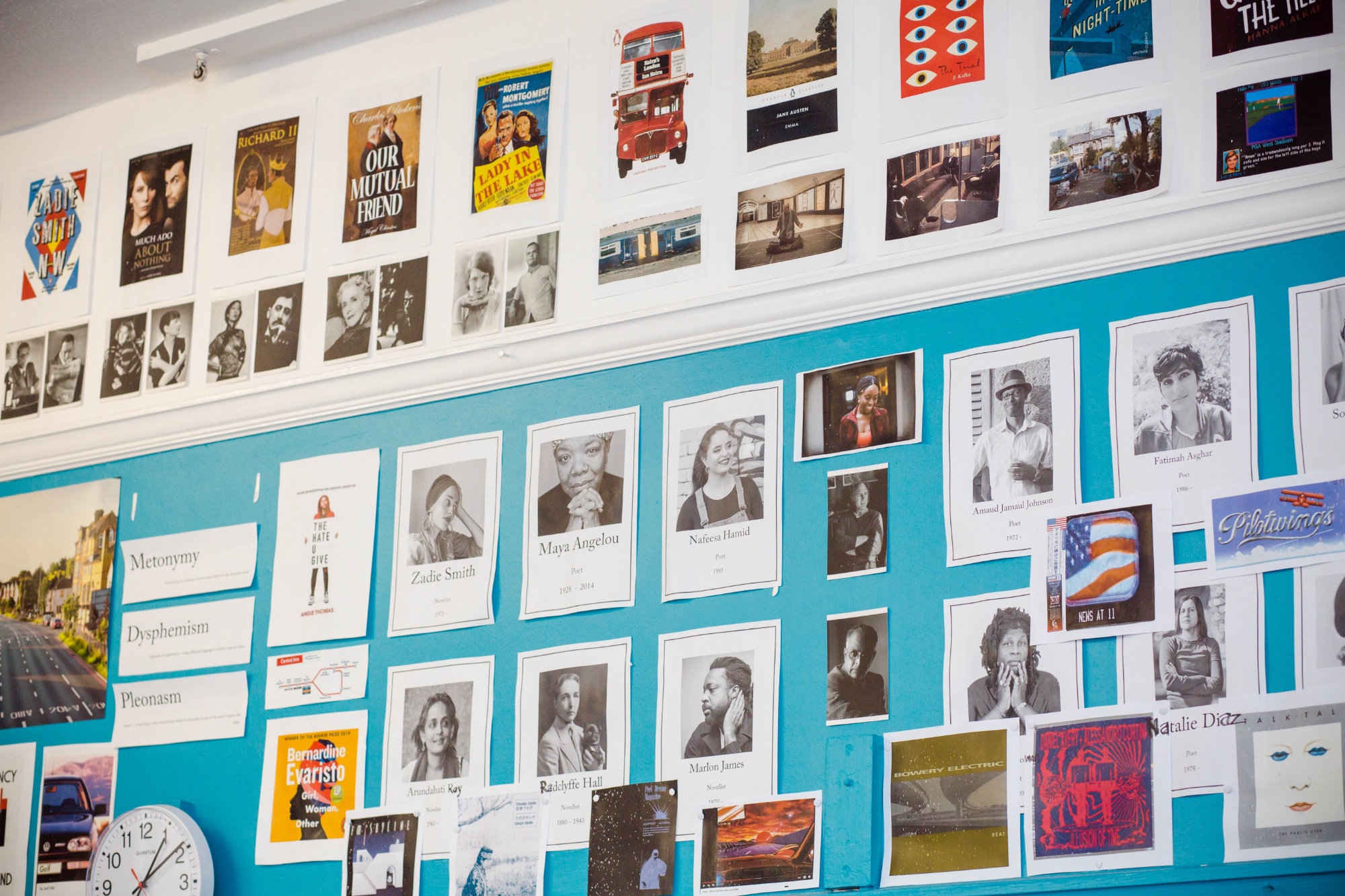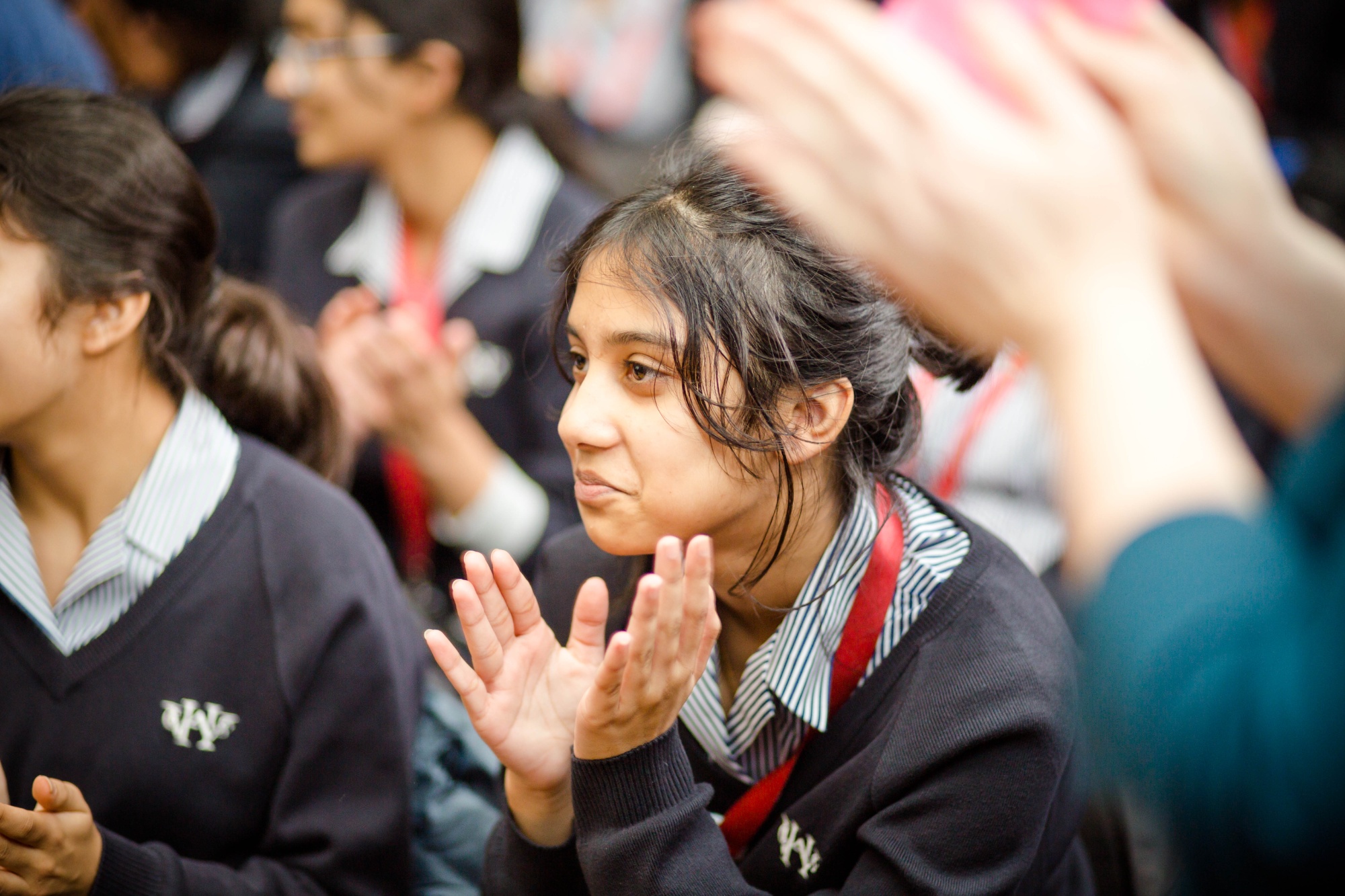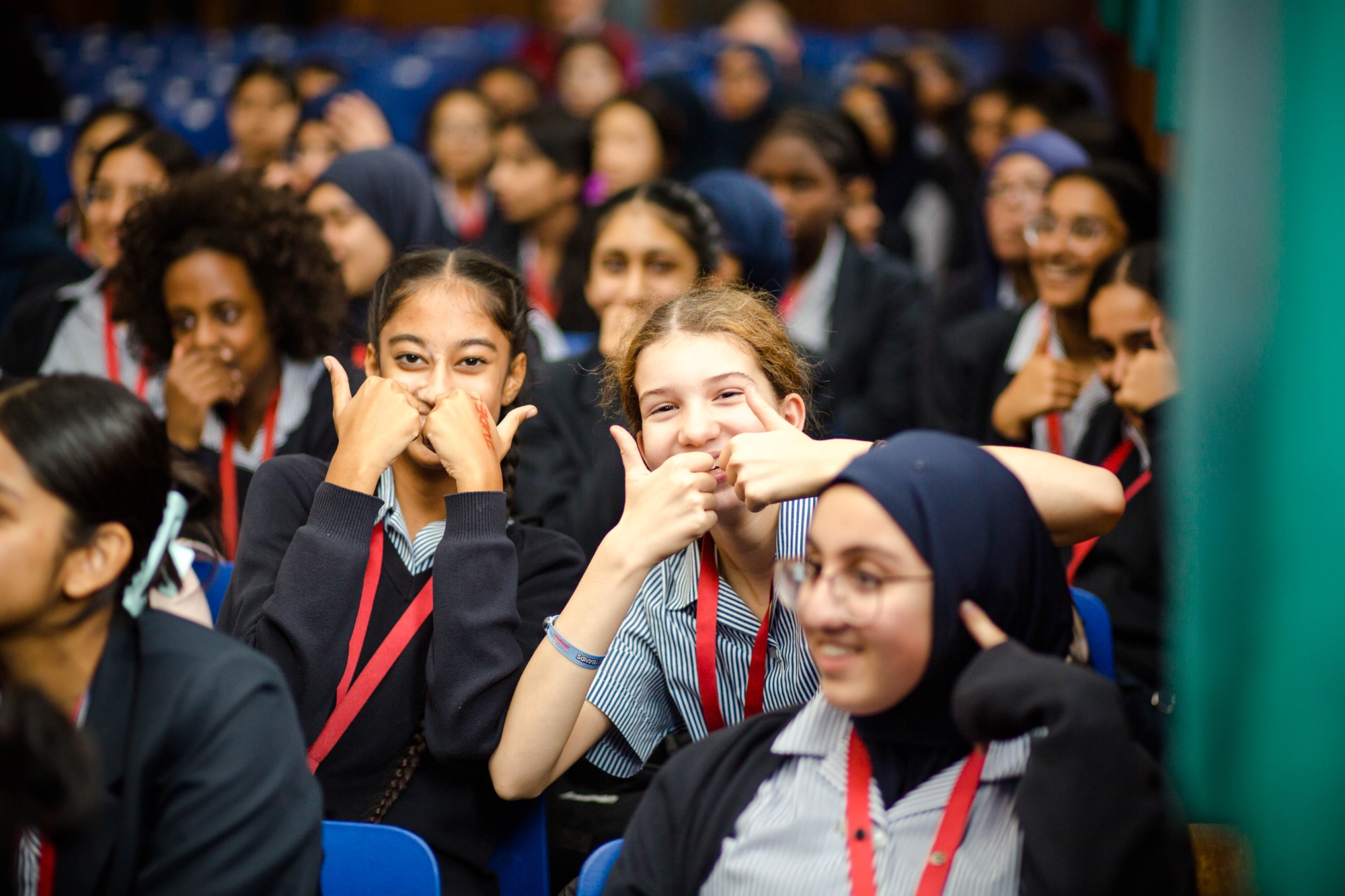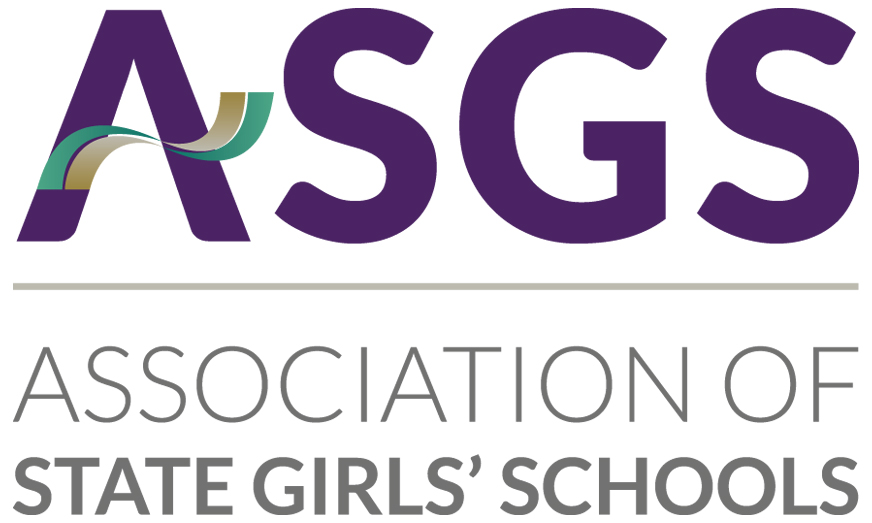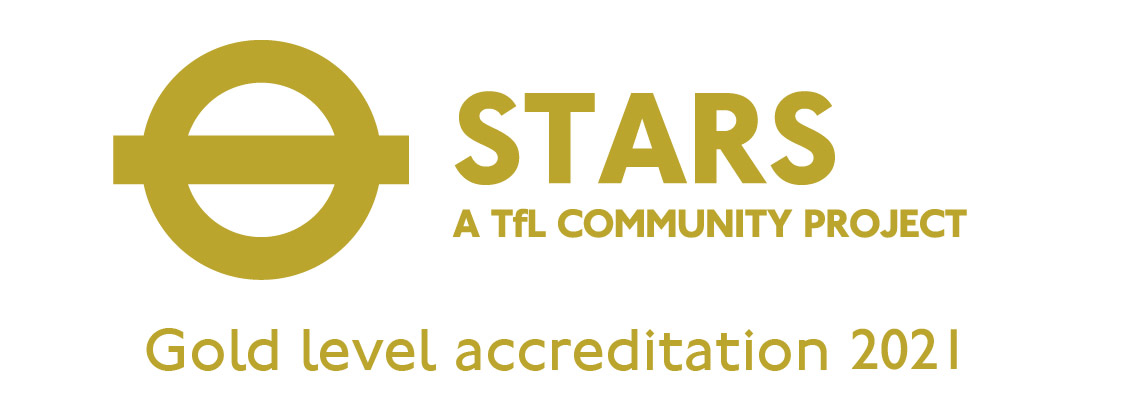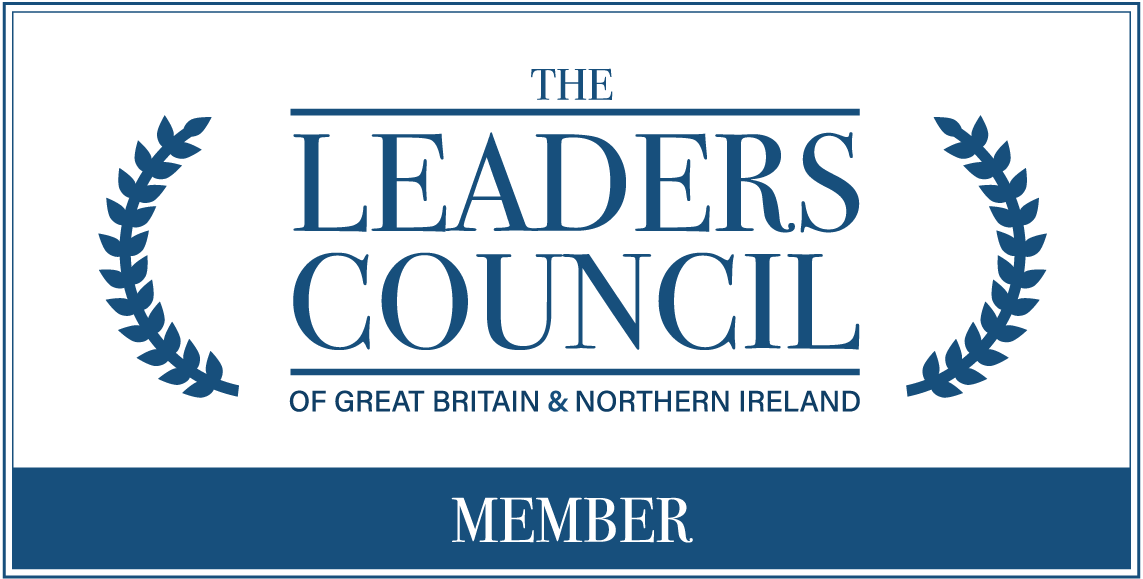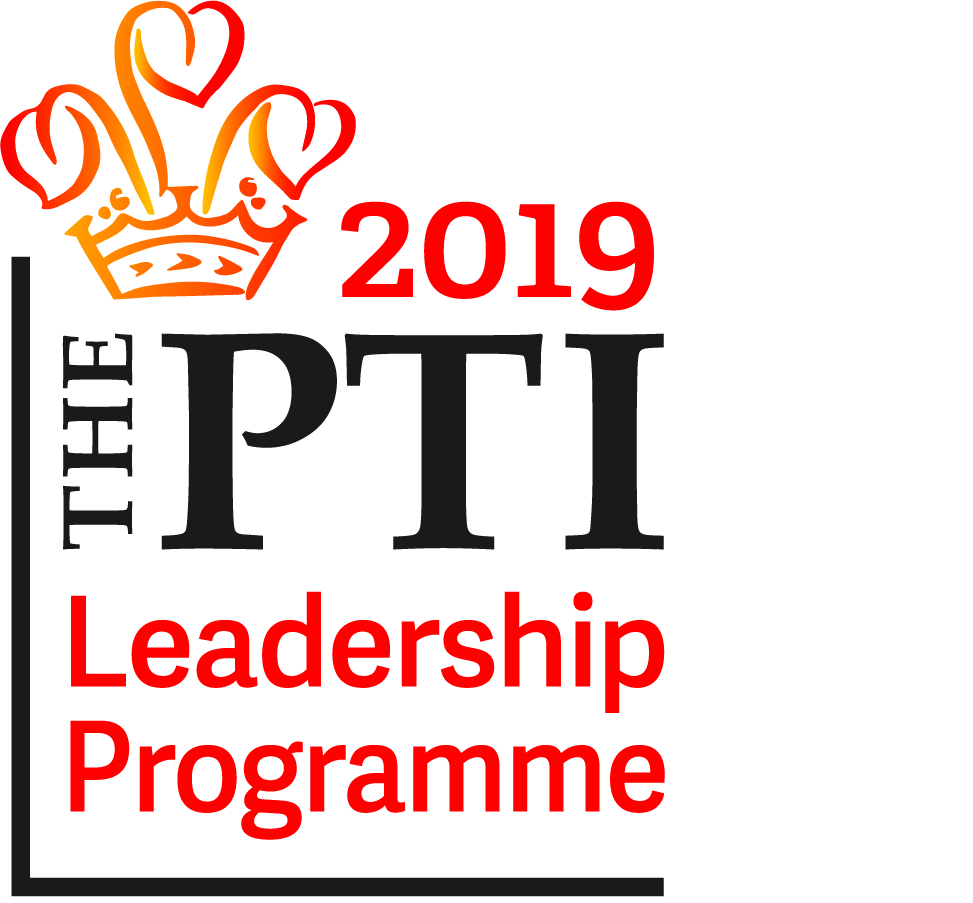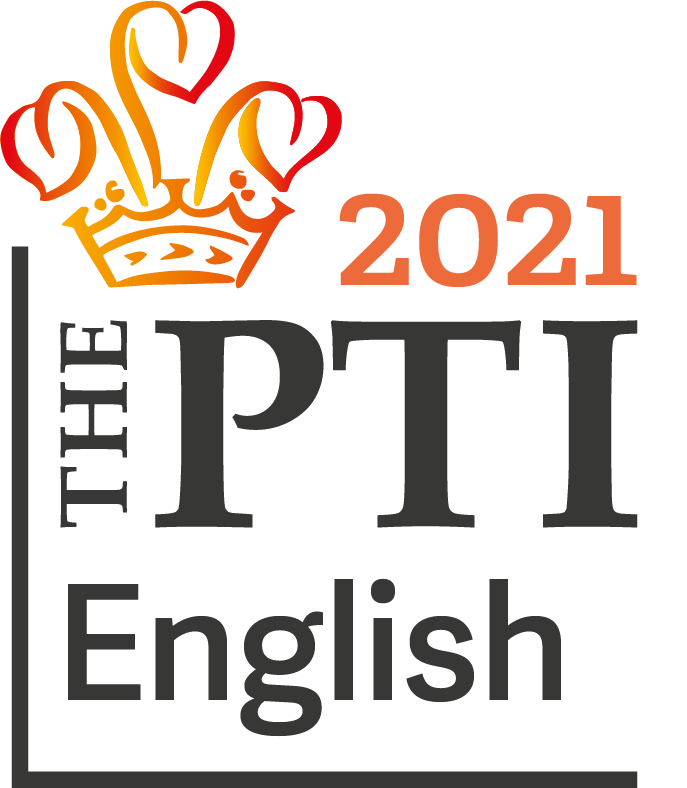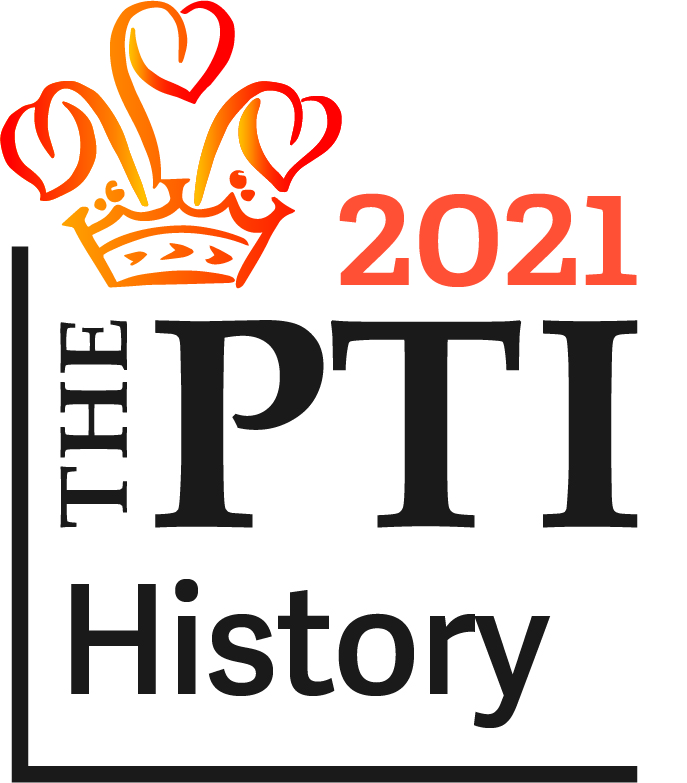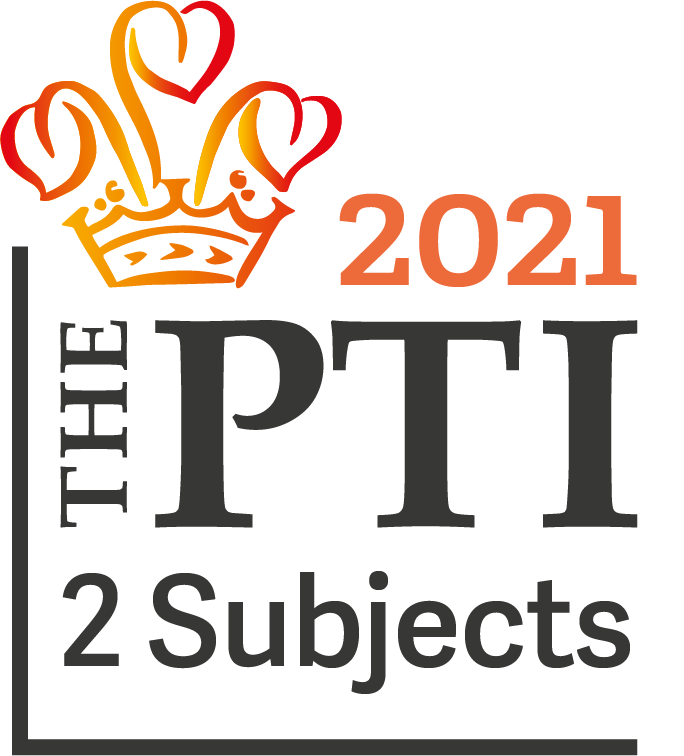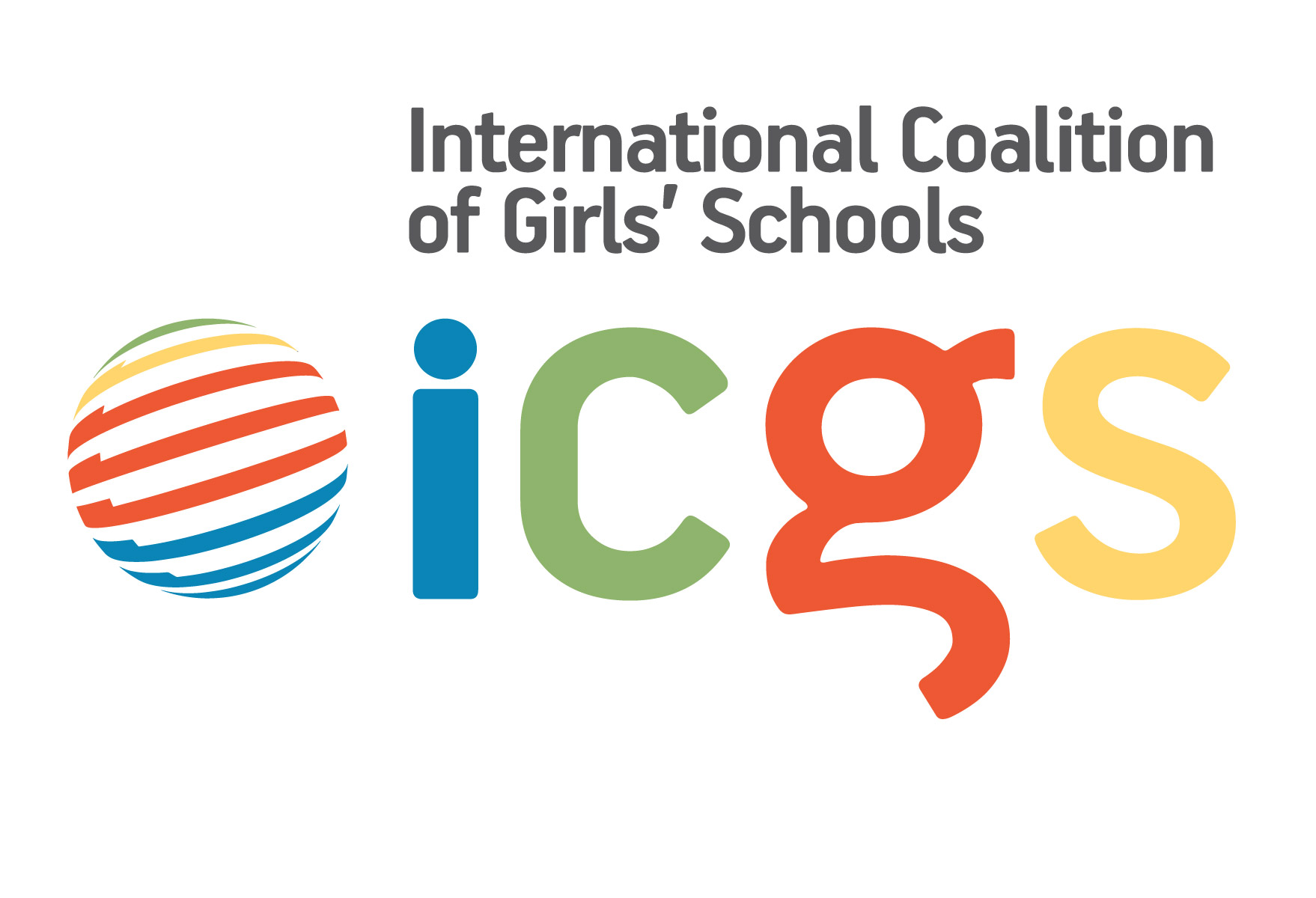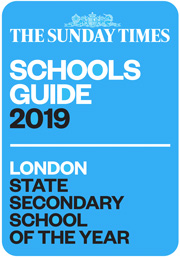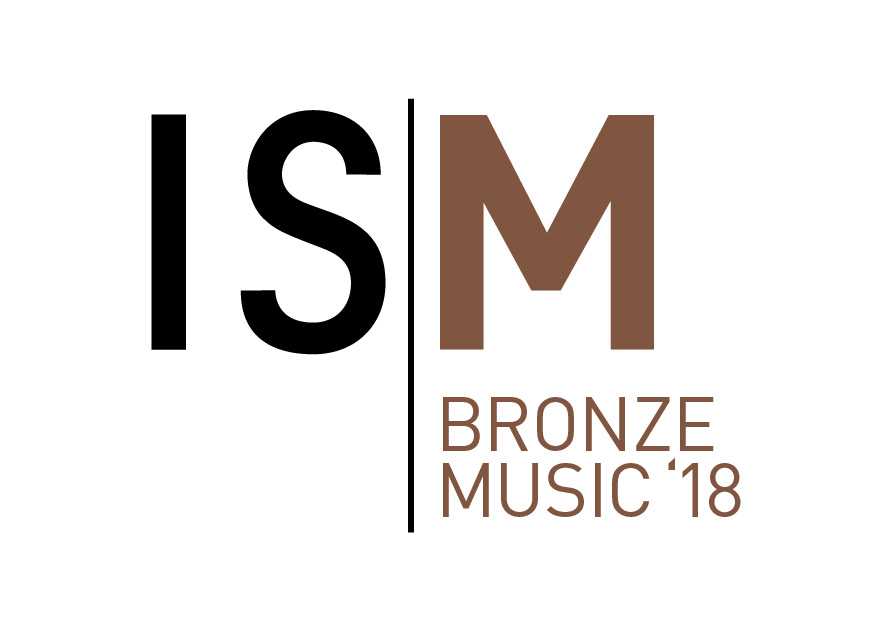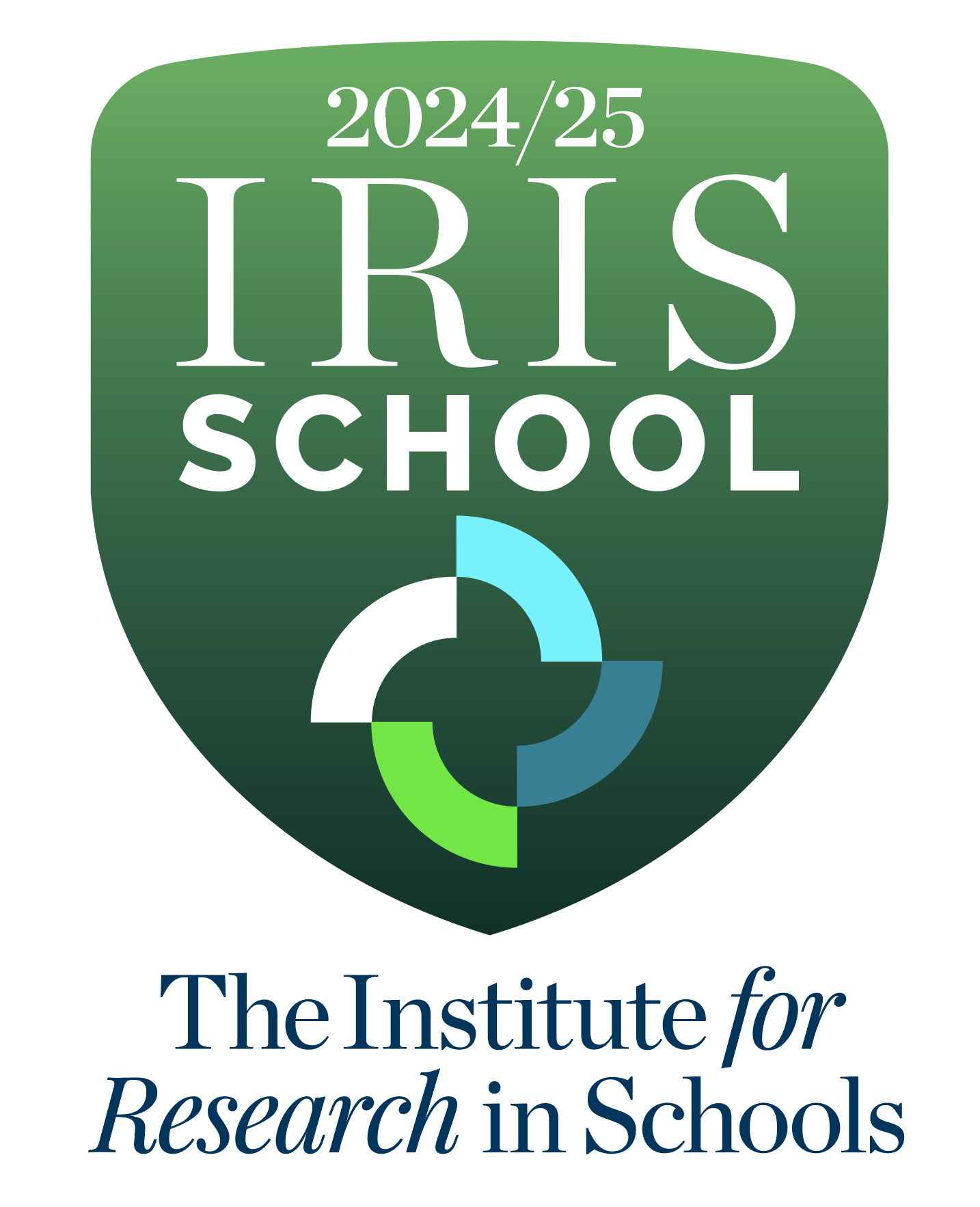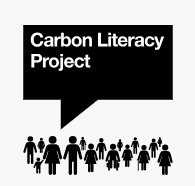Why Study English?
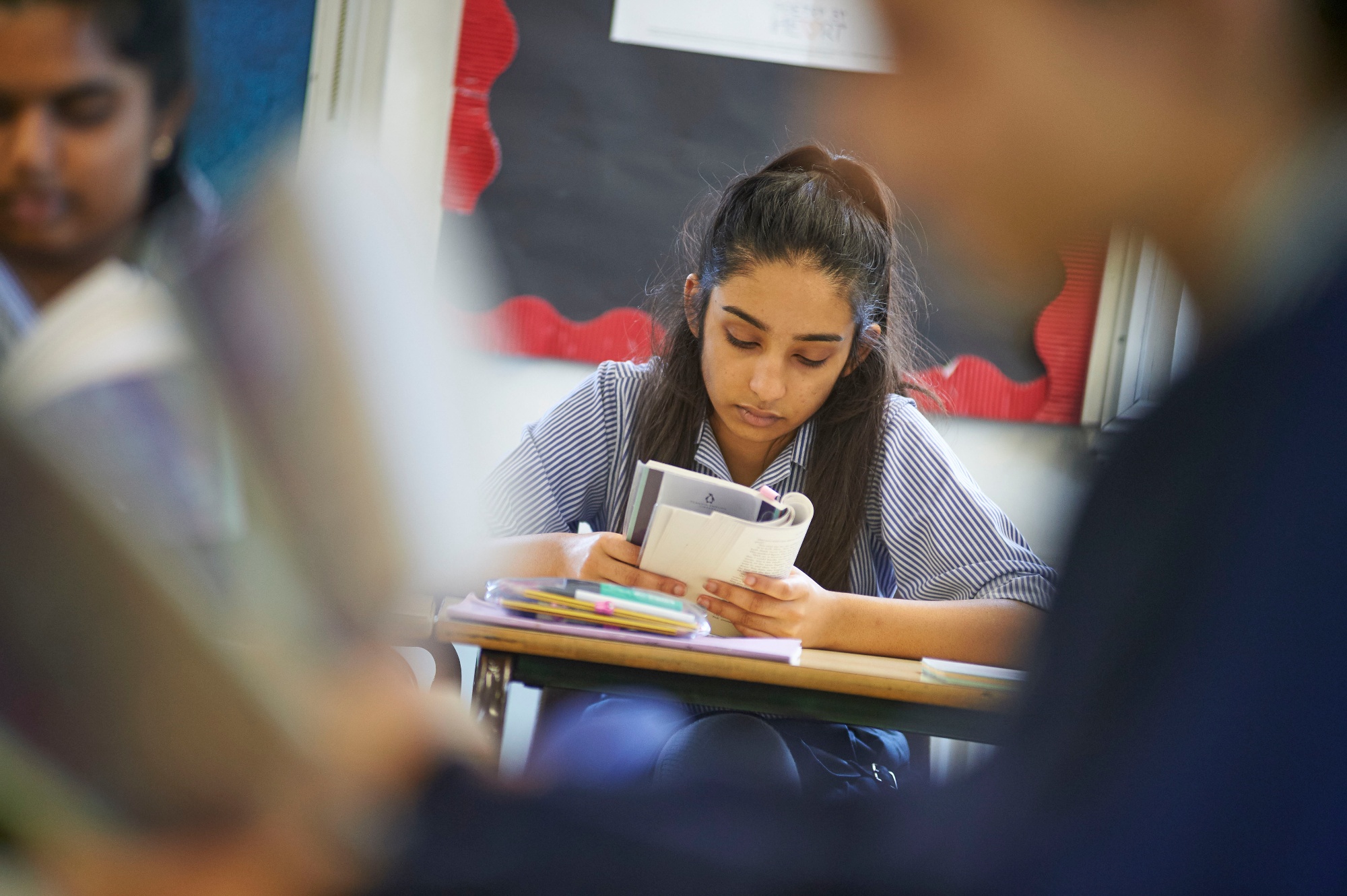
Not only is it essential to have a good command of the English language in order to gain access to opportunities in life, but it also allows us to appreciate our language in all of its variety and richness. The ability to communicate with clarity, both in speech and writing, as well as to read with real understanding, prepares us for all that the world has to throw at us. The study of English not only allows us to appreciate literature more fully, but it also provides us with the most important skill of empathy; the ability to understand others as well as ourselves. The subject encourages both collaboration and independence; it requires us to think, justify and alter or sustain our opinions. Most of all, it is enjoyable
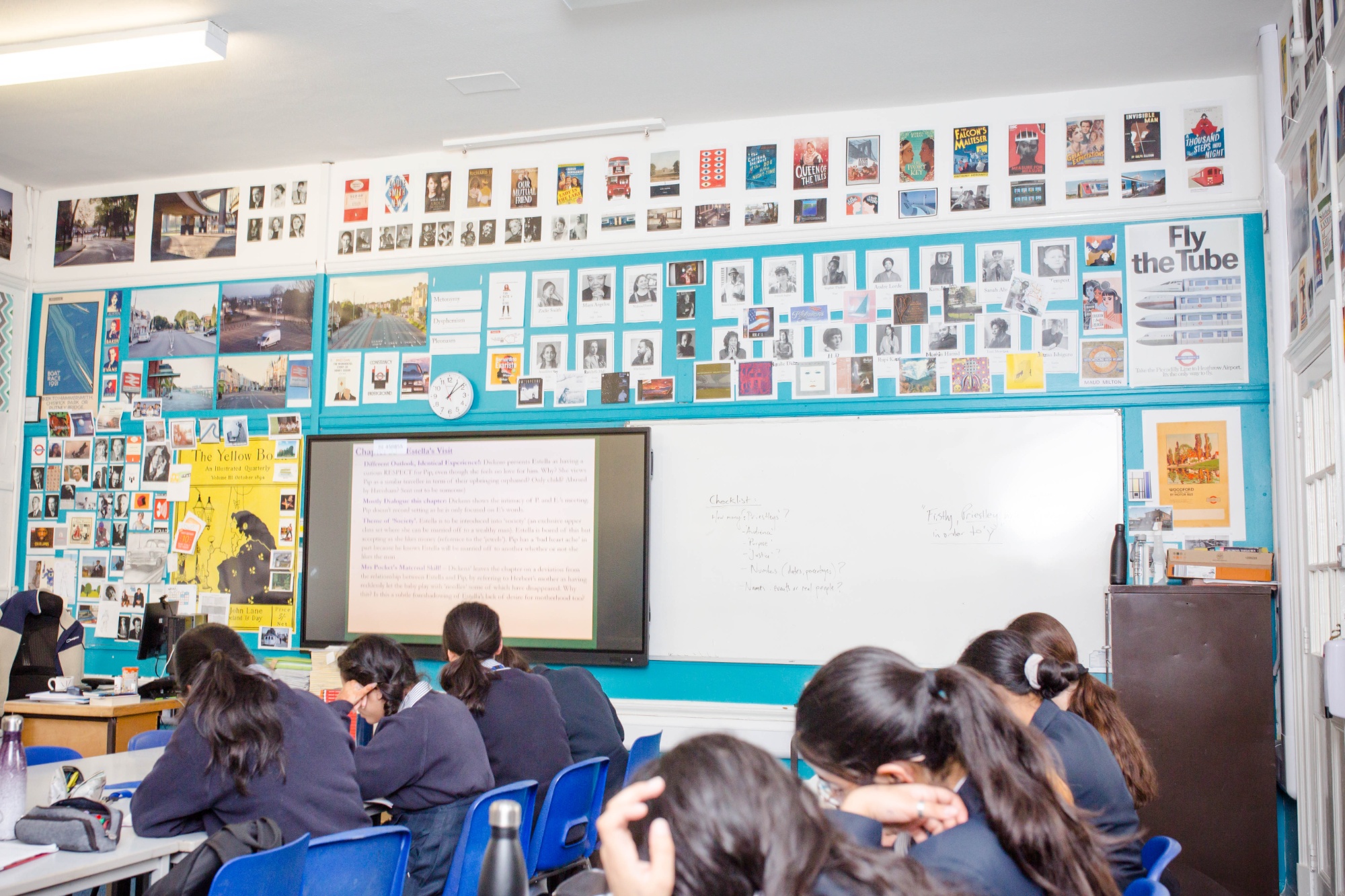
KS3
The department’s aims are to enable pupils to communicate effectively in a wide variety of contexts: to promote their understanding and enjoyment of the English language in different forms, be that poetry, narrative writing, speeches or articles; to develop their ability to enjoy and appreciate literature and to explore the complexities of the world around them by being exposed to texts from a wide and diverse range of authors. Ultimately we aim for students to find their ‘voice’ when expressing their viewpoints, talking about their life-experiences or interpreting literature.
In this three year course students are encouraged to develop their individual ‘voice’ through a variety of writing, including, but not limited to, poetry, narrative, travel and speech writing alongside critical essays. The department consistently use rich and inspiring ‘mentor texts’ to help students to develop and craft their work. We encourage them to be conscious and careful writers, who are able to explain and justify their application of language choices, technique and structure at both sentence and whole text level.
We feel strongly that a diverse cohort of students deserve to see themselves represented in the texts they read. Students in Key Stage 3 will study authors from different backgrounds and time periods, from William Shakespeare through to Tanika Gupta and from William Blake through to Deanna Rodger. Students are encouraged to think critically from the outset and by year 8 can expect to engage with wider literary criticism to help to inform their views. By the end of the key stage we aim for our students to be confident in offering strong and well-supported interpretations of texts which are supported by a sophisticated understanding of historical and social contexts and their ability to analyse the author’s craft
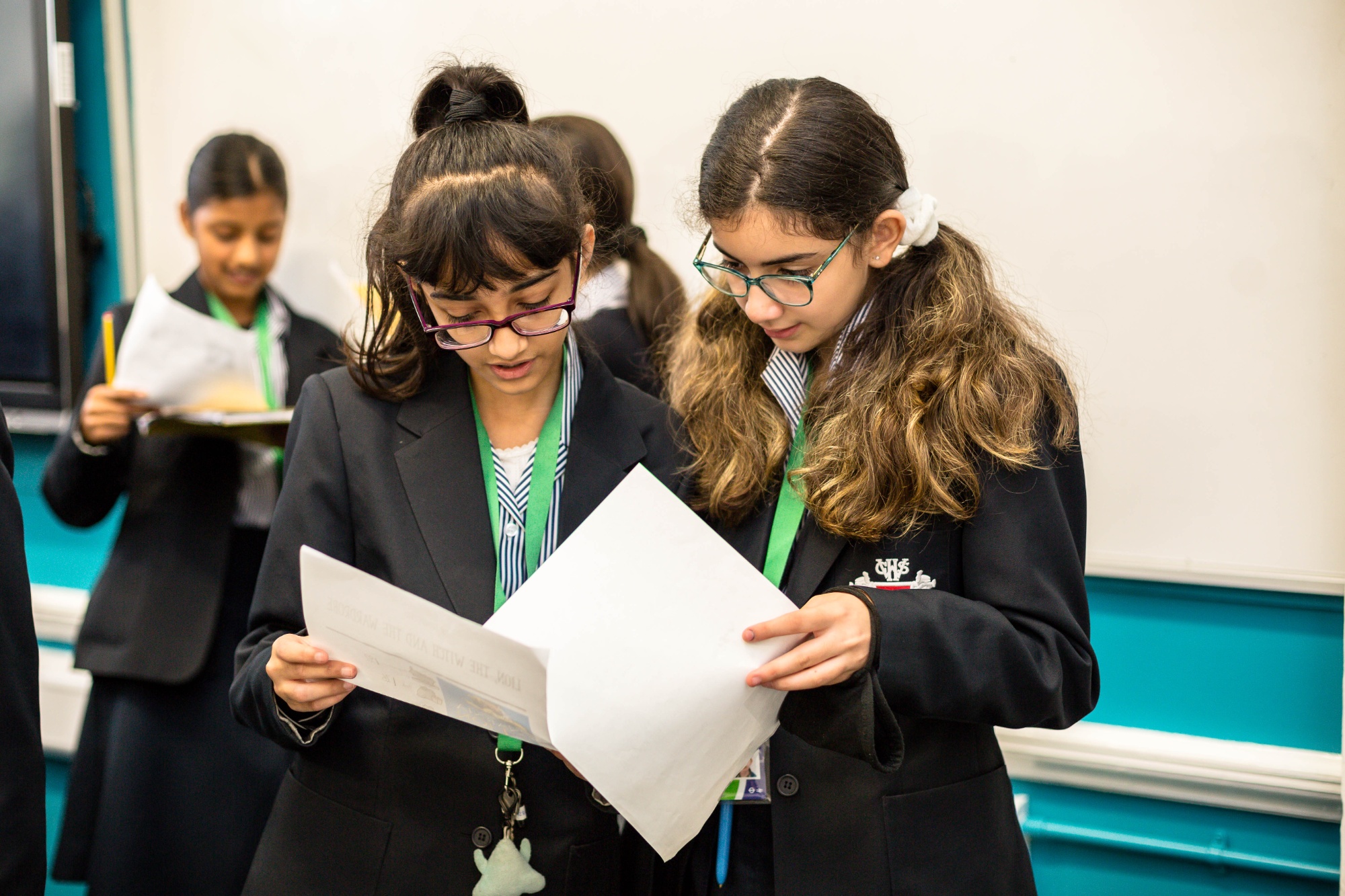
KS4: GCSE ENGLISH LITERATURE (EDEXCEL) AND GCSE ENGLISH LANGUAGE (AQA)
In Year 10 all students build on the skills developed in KS3 as they embark on a two year course leading to separate qualifications in GCSE English Language and English Literature. Students are also awarded a Spoken Language accreditation as part of their study of the English Language course.
In ENGLISH LANGUAGE, students are examined at the end of the course on their response to literary and non-fiction texts, as well as their ability to write in a variety of styles, both imaginative and transactional. Students are required to show their understanding of writers’ aims and methods, as well as their knowledge of English grammar and then to employ some of these methods and correct grammar in their own writing. We feel that in order to be successful writers, our students need to view themselves as such. Students in KS4 have once weekly ‘Developing Writing’ lessons. Here, as in Key Stage 3, a wide range of ‘mentor texts’ are used to inspire students’ own writing. By the end of the key stage, we feel that our pupils should have a full understanding of the range of literary styles, devices and structures that are available to them and to be able to utilise these as they move forward in both their academic and professional lives.
The ENGLISH LITERATURE course requires pupils to show their skills of comparison, analysis, evaluation and awareness of context. In order to achieve this, pupils study three texts for examination, including a play by Shakespeare, as well as a selection of theme-based poetry from an anthology produced by the exam board. The department strives to ensure our students are thoughtful and critical readers of texts with the ability to put forward their own interpretations and evaluate those of others, their classmates, teachers and academics included.
Students’ ability to articulate their views verbally continues to be an essential part of the KS4 course. As students’ develop the sophistication of their ideas we continue to support them in their ability to articulate these clearly and confidently through extended class discussion, group work and individual presentations. At the end of the course, students are assessed on their public speaking skills through their delivery of a speech.
KS5: English Literature (EDEXCEL)
The English Literature A-Level course followed at Woodford is designed to enhance the students’ experience of Literature by introducing texts from a wider range of periods and genres. Students are encouraged to be increasingly independent in their choices of coursework foci and related study, and are expected to do more independent research, which most find liberating and enjoyable. English Literature is a highly regarded academic subject, which allows access to a range of degree courses and career paths.
For examination, students will study a Shakespeare and drama text from either the Tragic or the Comic genre, as well as related critical responses. They will study two prose texts which are thematically linked, one of which will have been published pre-1900. They will also study a Selection of 21st century poetry from a published collection as well as one of the tales from ‘The Canterbury Tales’ by Chaucer. Study focuses are on analysis, context, comparison and alternative readings, as well as the ability to develop essays which are articulate and coherent.
Continuing on from KS3 and 4, A-Level students are encouraged to voice their own opinions on the texts they study and to be adventurous and confident in articulating their opinions.
Enrichment
Students are offered a range of extra-curricular activities. Below are some of the opportunities students had in the academic year 2023-24:
- A visiting theatre company delivered workshops on, and a performance of, ‘Much Ado About Nothing’ to Year 8 students.
- Year 10 students took part in Jack Petchey’s Speak Out Challenge.
- Year 10 students were visited by Woodford alumnus Nasha Solim for a poetry reading.
- Year 12 students took part in a ‘literary walk’, had a workshop with the poet Nasha Solim, attended a university study day and were given subject specific advice on their UCAS applications.
- Year 13 students attended a performance of ‘King Lear’.
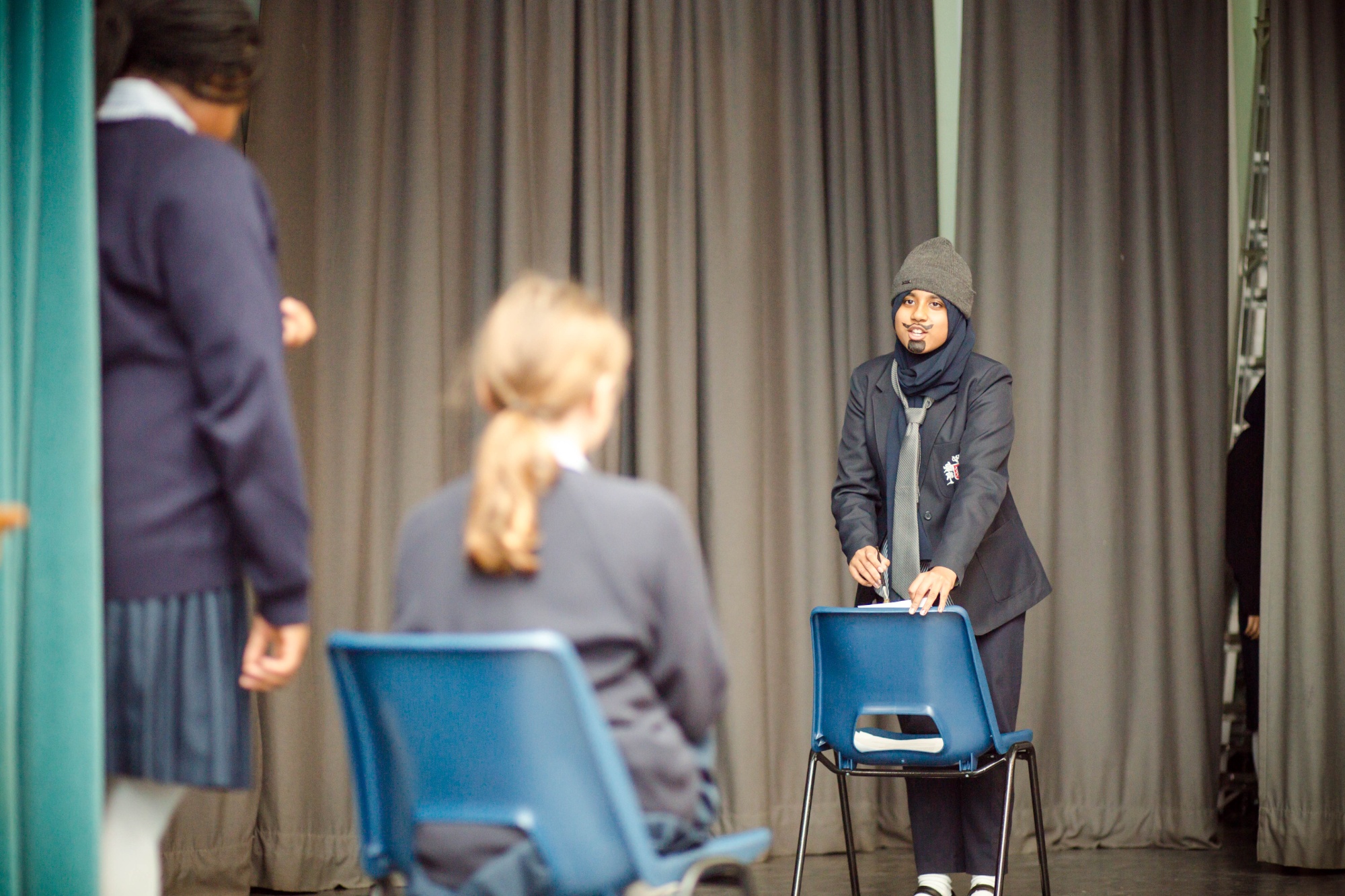
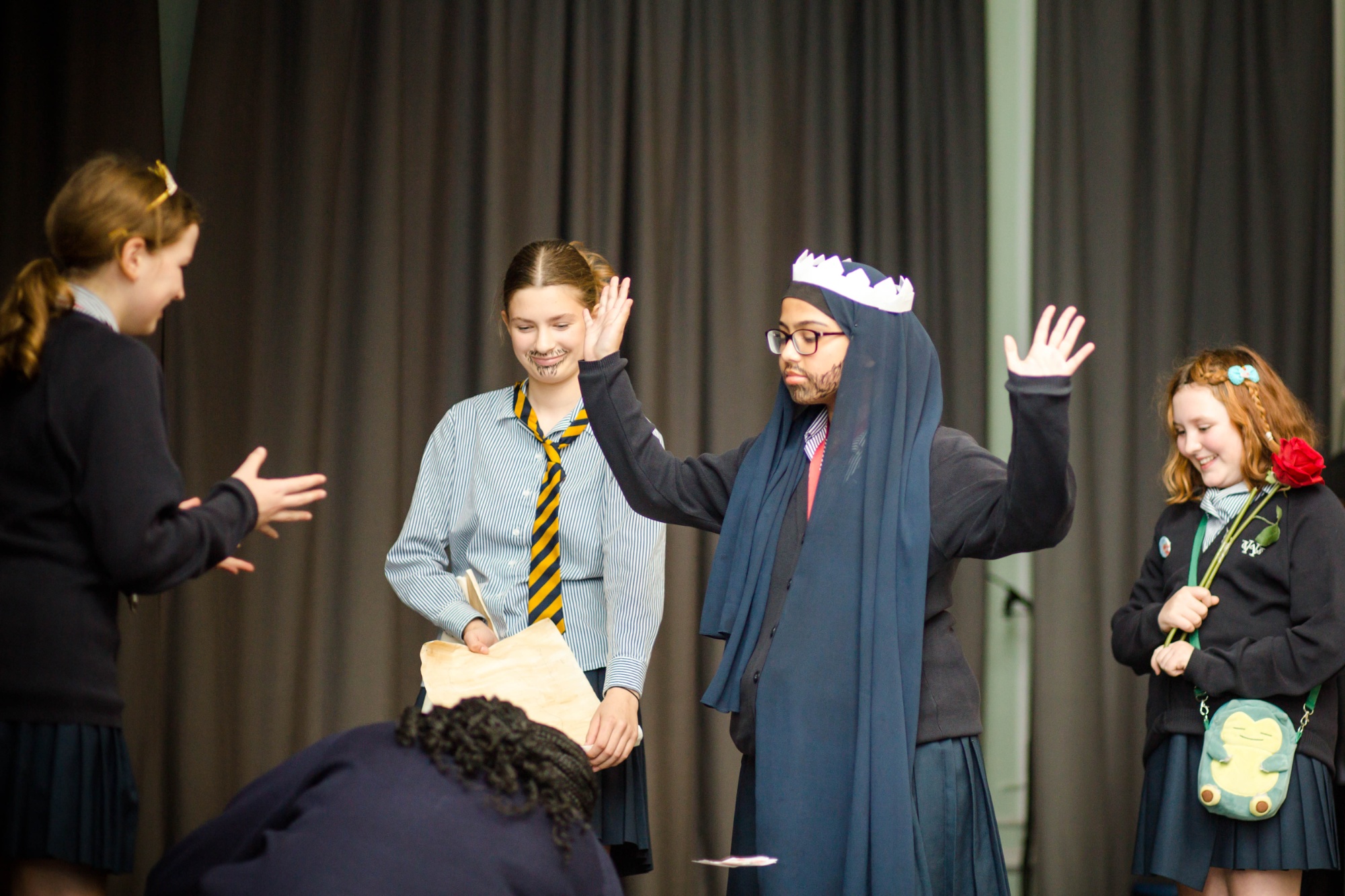
Outcomes
Their study of English at the school will leave pupils confident in their ability to express themselves, both in speech and writing. In addition, over the seven years here, their social, cultural and historical understanding will have been enriched by the wealth and variety of literature and topics studied and discussed on a weekly basis.
Recommended Reading
- Students in KS3 are given a reading list as part of the ‘Reading Project’.
- Students in KS4 and 5 are given the option of taking part in the ‘Reading Project’.
- Students in KS5 are given suggested reading lists (fiction and literary non-fiction) and study packs comprising literary criticism and relevant articles on the historical and social contexts of the texts they study.










